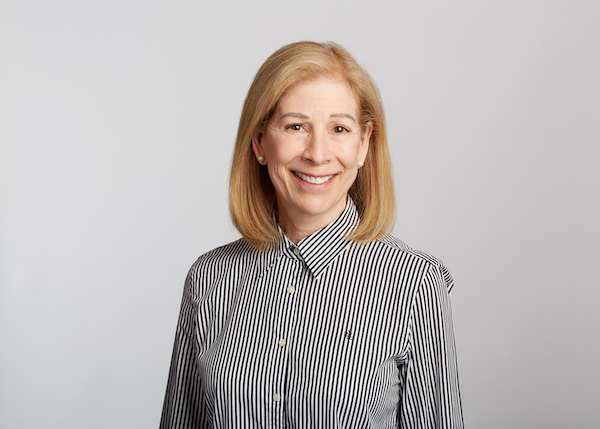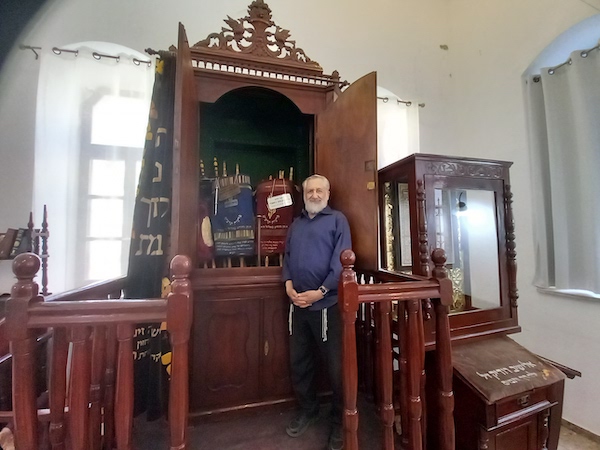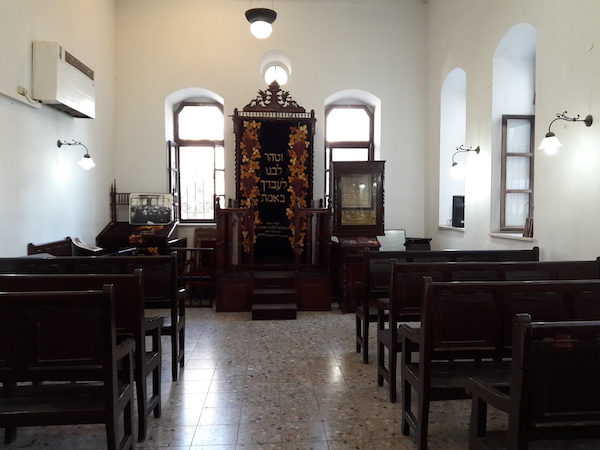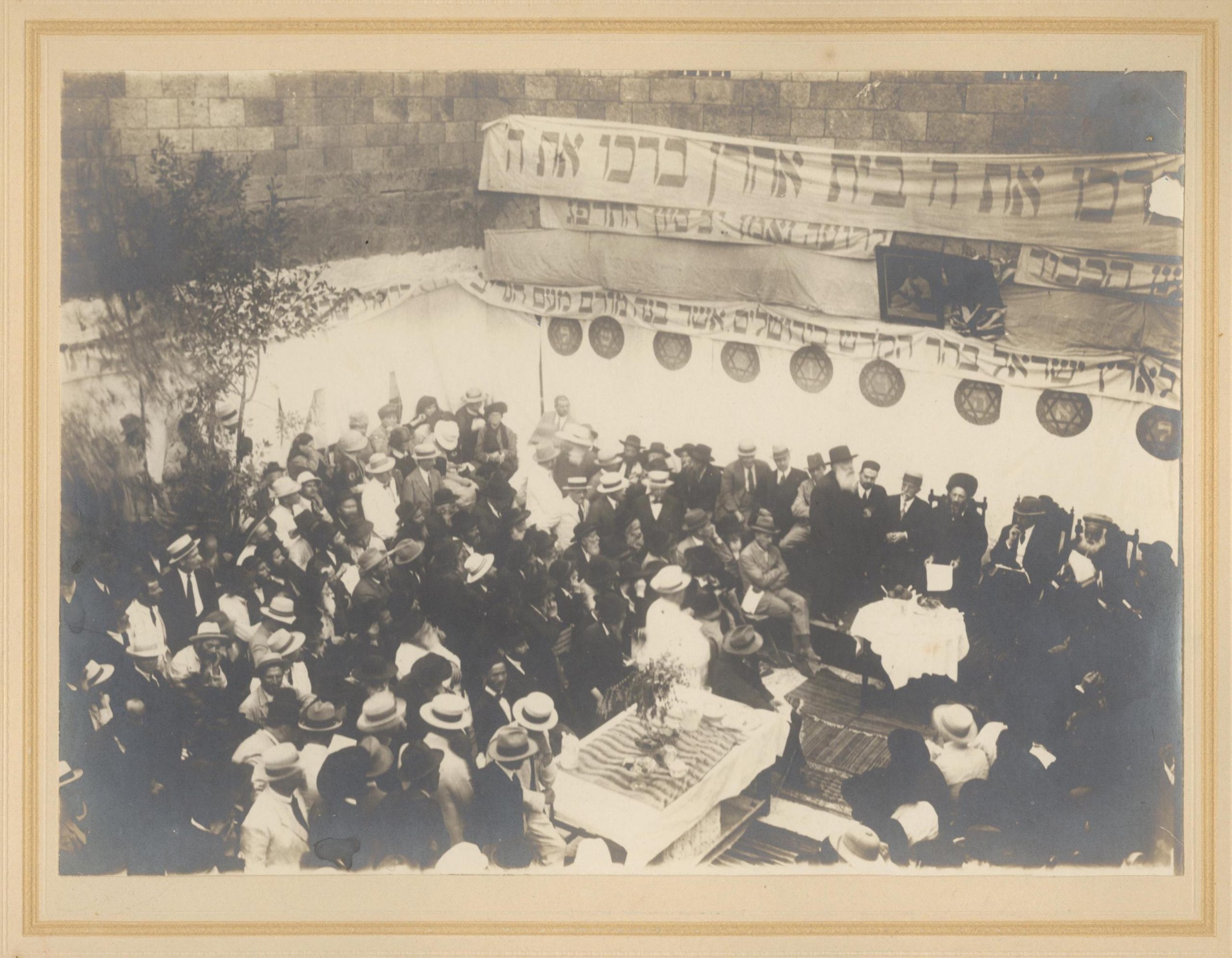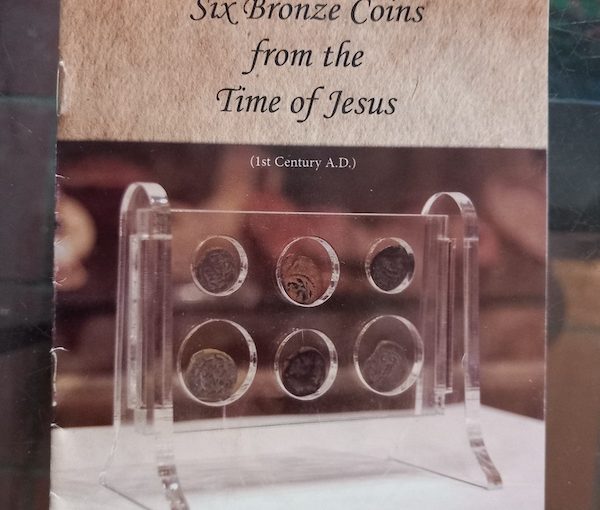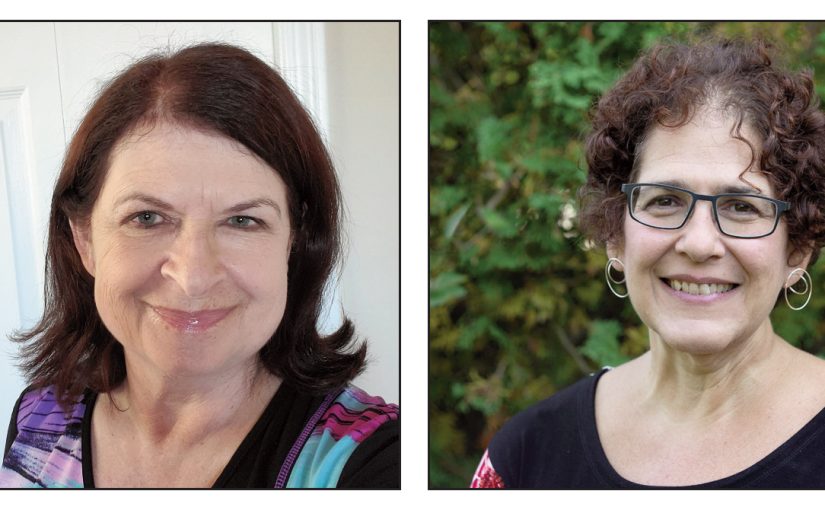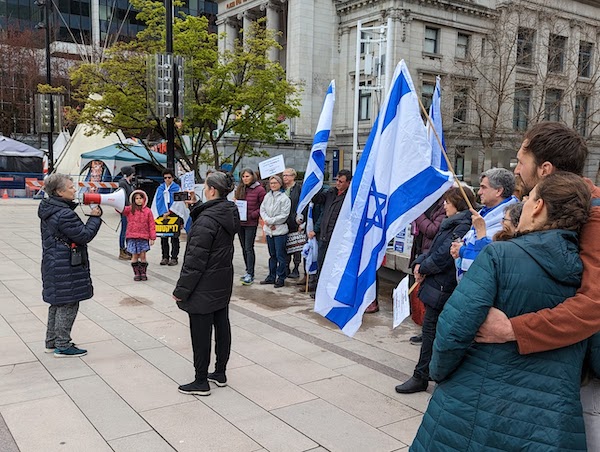Candace Kwinter (photo from Jewish Federation)
“Tikkun olam,” said Candace Kwinter, Jewish Federation of Greater Vancouver board chair and Jewish Agency for Israel board member, about what drives her to donate so much of her time and energy both locally and globally.
“I feel it in my heart and soul to assist every Jew in the world who needs help in whatever way necessary,” said Kwinter, who is concluding her two-year term as chair. She will continue with the board as immediate past chair.
As board chair, Kwinter works alongside fellow volunteers and Federation staff.
“We provide our more than 30 partner agencies, including the day schools, supplementary Hebrew schools, Jewish Family Services, the Jewish Community Centre and more, with support, not only through funding but by bringing our partners together to collaborate and innovate to meet our community’s evolving needs today and in the future,” she said.
With the Jewish Agency, Kwinter attends the board of governors meetings twice a year; additionally, she sits on the agency’s aliyah, unity of the Jewish people, and antisemitism committees.
“With antisemitism on the rise and aliyah doubling because of Ukraine and Russia, the Jewish Agency has been extremely busy. We are working hard to connect Israelis to world Jewry and, from a local perspective, more Jews in British Columbia specifically,” she said.
According to Kwinter, the partnership between Federation and the Jewish Agency is vital because each can achieve much more by joining forces. She noted that it is the federation system across North America – not only the local federation – that partners with the Jewish Agency by financially supporting the agency’s work on the ground.
“The impact our community can make at an international level is so much greater when we work together,” she said. “Locally, Federation supports the Jewish Agency and the Joint Distribution Committee (JDC) with funding to assist world Jewry in aliyah, humanitarian needs and security concerns, as well as bridging the gaps between Israelis and world Jewry.”
Largely due to the global pandemic, needs have shifted during Kwinter’s time on both boards. “COVID changed everything. We all had to pivot when the pandemic hit and it created a lot of uncertainty,” she said.
Among the social consequences resulting from COVID-19 – locally, in Israel and around the world – have been increased food insecurity, a surge in mental health issues, inflation and isolation. In 2022, humanitarian needs were exacerbated by Russia’s invasion of Ukraine, thereby increasing the demand for aliyah.
“I am incredibly proud of the way our community responded and, because of the partnerships already in place with organizations like the JDC and the Jewish Agency, we were able to get people the help they needed quickly and effectively,” said Kwinter.
Concurrent with the European conflict, the Jewish Agency established Tzur Israel at the beginning of 2022 to unite the remaining Ethiopian Jews with their families in Israel, she said. “Once again, world Jewry came together to fund the aliyah segment – the Israeli government funds the entire absorption costs. I had the privilege of being on the first plane of Operation Tzur Israel last June, where we brought 179 Ethiopians to Israel. It was incredible.” (See jewishindependent.ca/israels-new-ethiopian-airlift.)
Kwinter’s love of Israel derives from a concern about antisemitism and the history of the Holocaust and a commitment to “Never Again.”
“To me, Israel represents ‘Never Again’ and gives me a sense of security as the homeland for every Jew in the world,” Kwinter said. “It is with great pride I speak of Israel and all it has achieved in the past 75 years. It is truly a beacon of tikkun olam and innovation, for all the world to benefit. It is a light among the nations.”
Kwinter holds 40-plus years of experience in financial services, including owning and operating her own financial services agency for 29 years, before selling it in 2017. She has been involved with Federation in various capacities and volunteers with the Jewish Community Foundation of Greater Vancouver, the Canadian Jewish Political Affairs Committee, and the Centre for Israel and Jewish Affairs, Pacific Region. She is president of the North Shore Jewish Community Centre / Congregation Har El, having also served as synagogue president from 2005 to 2007. From 2008 to 2011, she served on the Pacific Northwest Region of the United Synagogue of Conservative Judaism.
Sam Margolis has written for the Globe and Mail, the National Post, UPI and MSNBC.

